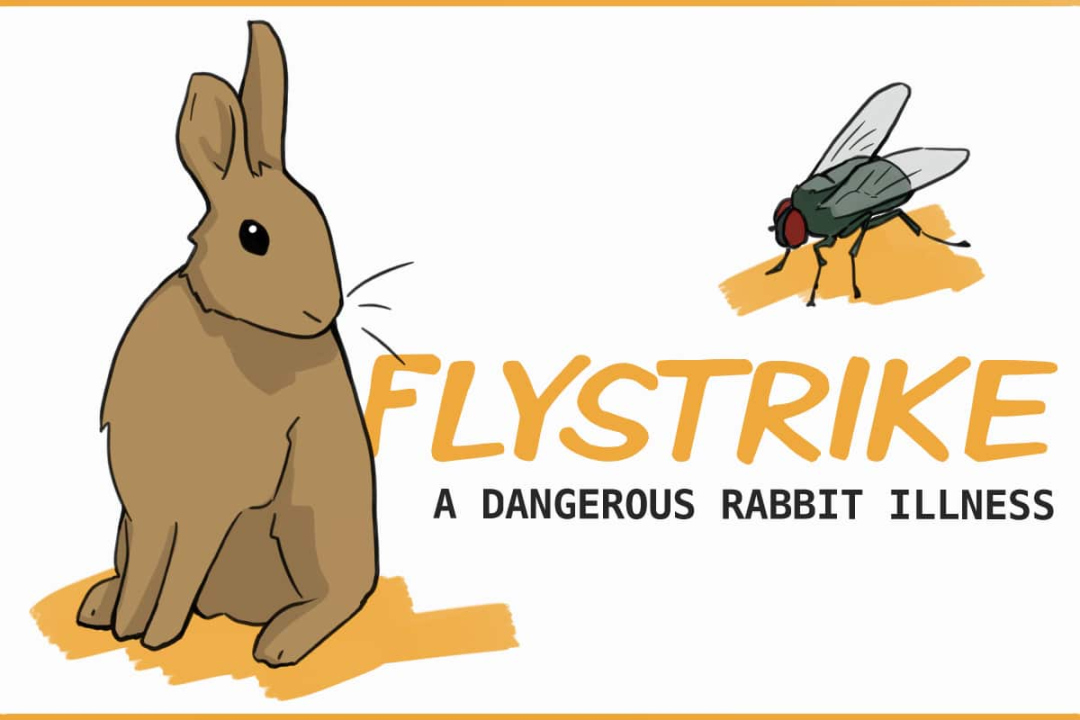Does Rabbit Poop Attract Flies?
Keeping a rabbit as a pet comes with its own set of responsibilities, including cleaning up after them. One common concern pet owners have is whether rabbit poop attracts flies. In this article, we will explore this topic in-depth and provide you with all the information you need.

Why Flies are Attracted to Animal Waste
Flies are naturally attracted to the smell of animal waste, including rabbit poop. This is due to their feeding habits, as flies are typically scavengers that seek out decaying organic matter to lay their eggs. Rabbit poop, rich in nutrients, serves as an ideal breeding ground for flies.
Factors that Attract Flies to Rabbit Poop
Several factors contribute to the attractiveness of rabbit poop to flies. These include:
- Odor: The pungent smell of rabbit feces is especially appealing to flies.
- Moisture: Flies prefer moist environments, and the dampness of rabbit poop provides an ideal breeding ground.
- Temperature: Flies thrive in warm environments, and rabbit poop provides the necessary warmth for their eggs to hatch.
- Nutrients: Rabbit feces contain essential nutrients that flies seek out as a food source.
How to Prevent Flies from Being Attracted to Rabbit Poop
Although it is natural for flies to be attracted to rabbit poop, there are several steps you can take to minimize their presence:
- Clean the litter box regularly: By removing rabbit poop promptly, you can minimize the time flies have to lay eggs.
- Keep the area dry: Flies prefer moist environments, so ensuring the litter box is kept dry can deter them.
- Use fly repellents: Consider using fly repellents or traps near the rabbit’s living area to discourage flies from approaching.
- Dispose of waste properly: Seal and dispose of rabbit poop in a secure outdoor bin to prevent flies from accessing it.
Maintain good hygiene: Regularly clean and disinfect the rabbit’s living area to minimize any odors that may attract flies.
Can Flies Cause Harm to Rabbits?
In general, flies alone do not cause direct harm to rabbits. However, they can indirectly lead to health problems for your pet. Flies are known to carry bacteria, parasites, and other harmful pathogens that can be transmitted to rabbits through contact. These can cause infections, digestive issues, or even more severe health complications. Therefore, it is crucial to prevent flies from infesting your rabbit’s living area to protect their well-being.
FAQs (Frequently Asked Questions)
Is rabbit poop considered good fertilizer?
A1: Yes, rabbit poop is an excellent natural fertilizer due to its high nutrient content. It is rich in nitrogen, phosphorus, and potassium, which are vital for plant growth. However, it is important to let the droppings compost for a few months before using them as fertilizer to prevent any potential pathogens from harming your plants.
How often should I clean my rabbit’s litter box?
A2: It is recommended to clean your rabbit’s litter box at least once a day. Regular cleaning will ensure that flies are less attracted to the area and help maintain good hygiene for your pet.
Are there any natural remedies to repel flies from my rabbit’s living area?
A3: Yes, there are several natural remedies you can try to repel flies. Citronella candles, lavender oil, or vinegar diluted with water can be effective in deterring flies due to their strong scents. Additionally, placing fresh herbs such as mint or basil around the area may also help repel flies.
Can flies lay eggs in my rabbit’s fur?
A4: While it is uncommon for flies to lay eggs directly on a rabbit’s fur, they can lay eggs in damp areas surrounding the rabbit, including soiled bedding or dirty litter boxes. Therefore, it is essential to maintain a clean living environment to prevent fly infestations.
In conclusion, rabbit poop does indeed attract flies due to the odor, moisture, temperature, and nutrients present in the feces. However, by following proper cleaning and hygiene practices, you can minimize the attraction and prevent fly infestations, thus ensuring the health and well-being of your beloved pet.
Related Articles…
Copyright Notice:
The images displayed here are sourced from the internet, with copyrights held by respective owners. For removal of any copyrighted image, please email us.